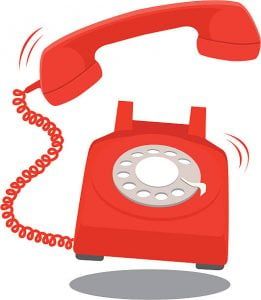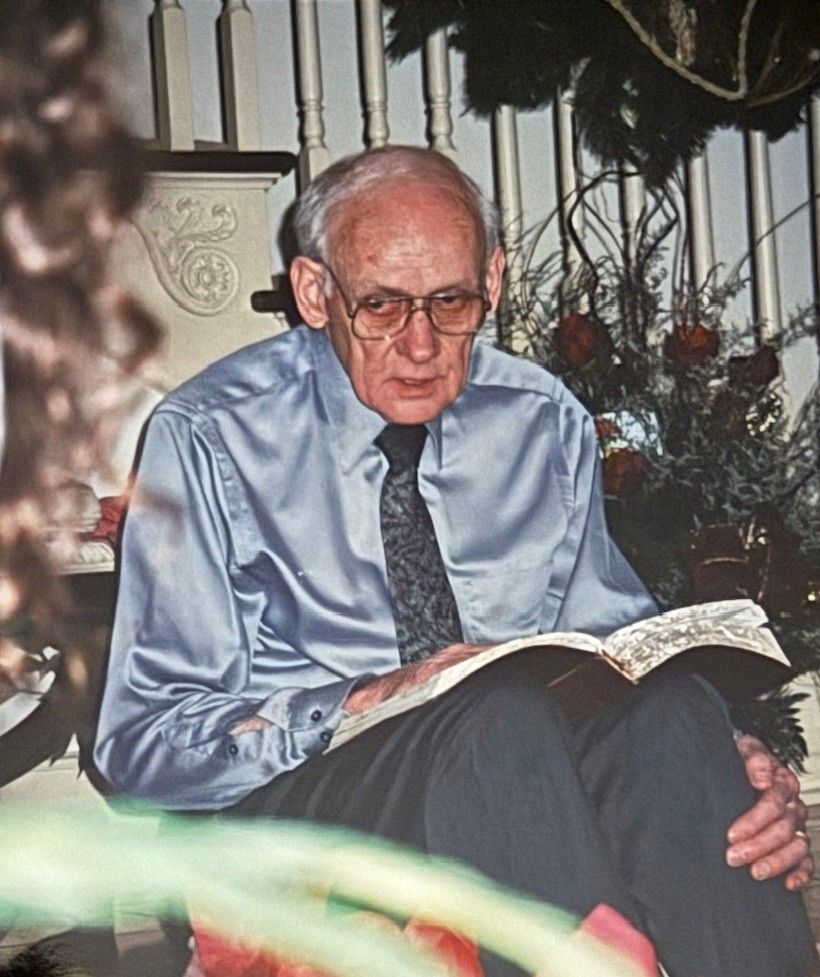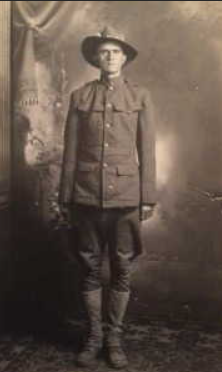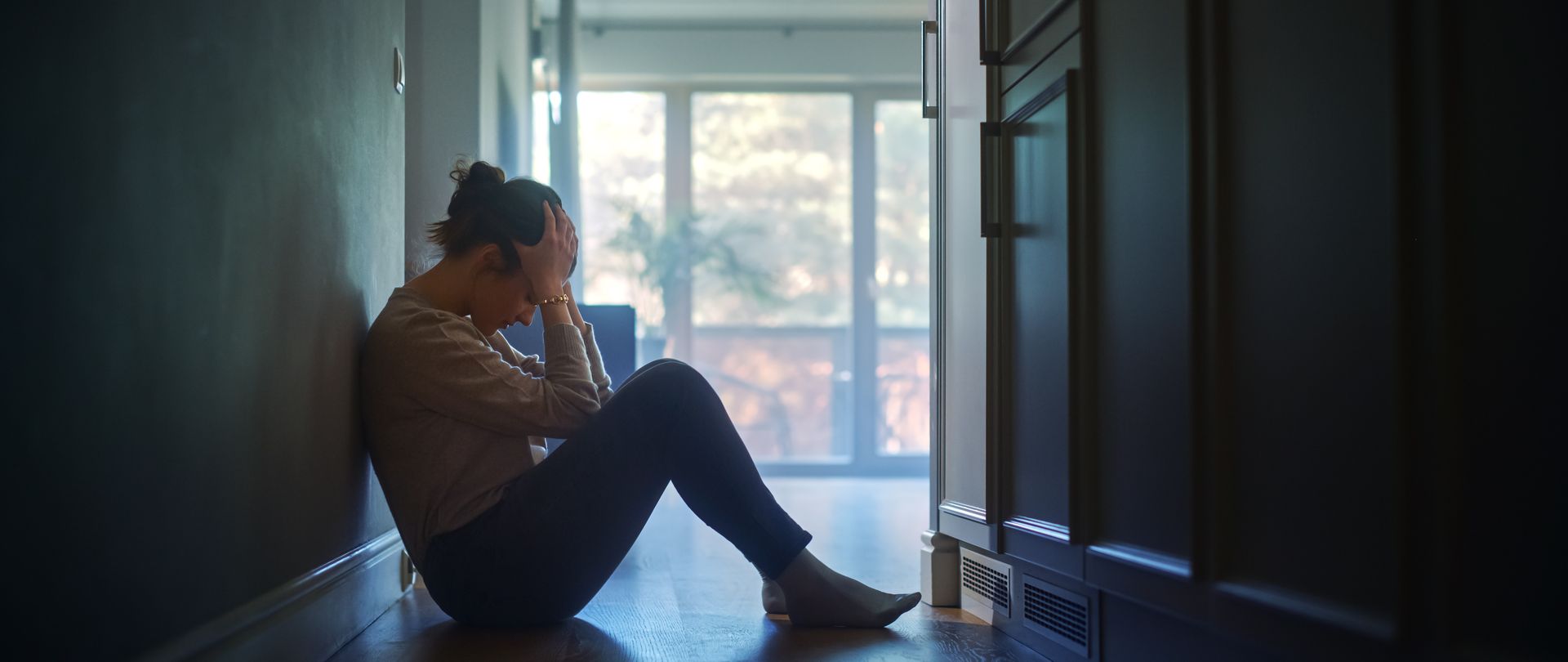Wake-Up Calls

Long, long ago . . . in a galaxy far, far away . . . there were no cell phones. So when you traveled out-of-town and spent the night in a hotel, you were required to trust the resident alarm clock that was often provided as one of the amenities—if, that is, there was a specific time at which you needed to be alert and functional the following morning. Many times, these alarm clocks were miracles of modern technology—meaning they had all the bells and whistles and no way known to mankind that someone unfamiliar with them could accurately set one without an engineering degree. So, what did you do so as not to miss your appointed time of functionality?
You rang the front desk and asked for a wake-up call.
For those of you who post-date the invention of cell phones, this was a service offered by most hotels whereby the clerk on duty in the morning (and in later years, the automated system) would ring your room at the appointed hour to be certain you were awake. You were on your own for the functional part.
The up-side to this was that you could wake up without being solely dependent on a strange alarm clock. The down-side was there was no snooze button . . . and you had to trust another human being to feel as strongly about waking you up as you did about being awakened.
I was thinking about this the other morning, as I was hitting the snooze button for the third or fourth time, and in that fogginess that dwells between being fully awake and drifting back to sleep, I realized wake-up calls don’t always involve hotel clerks and landlines.
Sometimes, it’s a near miss in an accident.
Sometimes, it’s a serious illness.
Sometimes, it’s a misunderstanding blown out of proportion.
Sometimes, it’s the death of someone you love.
Any event that comes bringing awareness and positively changes your life can serve as a wake-up call—a notice that your behavior or thought processes are due for an overhaul. Whether that event affects you personally or someone close to you, the end result is usually the same. Change. Change for the better.
But that change can come with a hefty price tag. The near miss can still result in severe injuries. The serious illness can still result in a lengthy recovery. The misunderstanding can cause hurt feelings that will never truly heal. And death? Death brings a lifetime of grief and often, regret.
If I was ever traveling and missed an appointment because I failed to answer my wake-up call, that was on me. I had no one to blame but myself if the system functioned and I didn’t. The same goes for the wake-up calls Life serves up. If we don’t pay attention and make the changes, that’s a wake-up call wasted. Fortunately, these lessons aren’t a part of day-to-day living; although it may seem as though they do, normally accidents and illnesses and misunderstandings and death do not constantly afflict us—which is all the more reason we should pay close attention to their lessons when they do.
About the author: Lisa Shackelford Thomas is a fourth generation member of a family that’s been in funeral service since 1926. She has been employed at Shackelford Funeral Directors in Savannah, Tennessee for over 40 years and currently serves as the manager there. Any opinions expressed here are hers and hers alone, and may or may not reflect the opinions of other Shackelford family members or staff.
The post Wake-Up Calls appeared first on Shackelford Funeral Directors | Blog.












